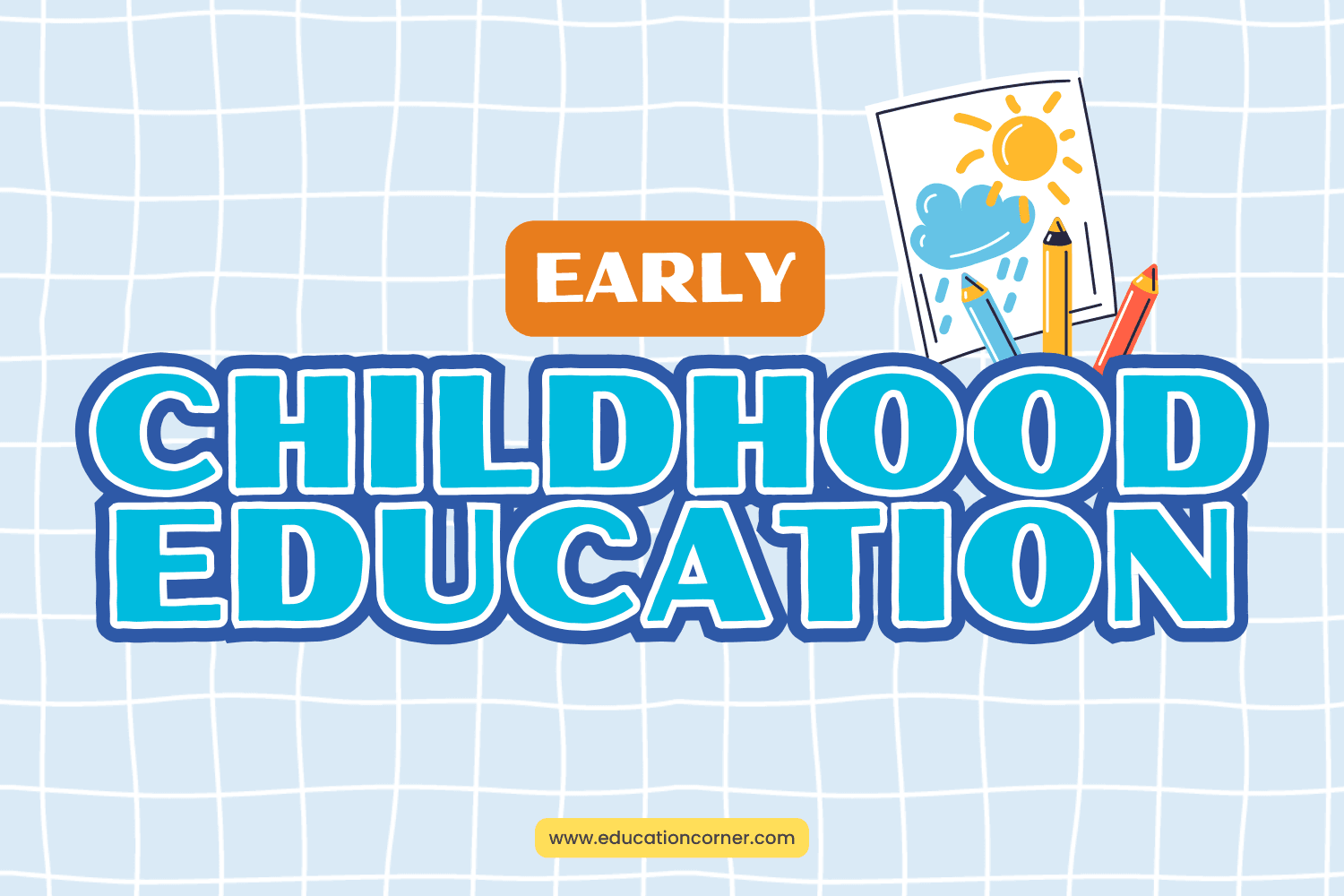The early childhood phase of human development usually ranges from birth to eight years. Because these are very important developmental years, the education administered to children is designed to contribute to their overall development. During this phase of childhood development, most children learn thorough fun activities or play.
According to current research, the first eight years of life is the period of human development where major brain development occurs. As a result, nutrition, human interaction, and education during these years greatly impact a child’s brain development.
Conversely, poor nutrition and education, especially lack of playing and activity based education, can negatively impact a child’s brain development. Therefore, the early education a child receives can have lasting effects throughout their lives.
Since research has shown that early childhood brain development is linked to education, parents should begin at an early age educating their children. They shouldn’t wait until they enter school.
Children who begin to receive education at an early age usually experience improved emotional, social, and brain development. More importantly, brain development during the ages in early childhood occurs at high rates.
Parents must understand the first eight years of their children’s lives are crucial years for identity development. During these years, children develop a self identity and begin to form relationships.
Also, they begin to develop an understanding of how personal behavior affects them. As a result, it’s recommended that children learn through play and activity based education. Likewise, most experts believe that play and activity based learning positively contributes to children’s emotional development.
Since playing usually requires the use of multiple motor and mental functions, children develop various skills as well. Play based learning also aids children in developing morals and social skills.
Topics and Information
Explore popular topics, resources and articles about early childhood education.
- Kindergarten Readiness
- Preschool – The Complete Guide
- What Is So Important About Early Childhood Education?
- Efficacy of All Day Kindergarten
- Is Accreditation Meaningful in Early Childhood Programs?
- Strategies for Improving Early Childhood Literacy
- How to Instill a Love of Learning Early
- Academic and Cognitive Benefits of Learning a Foreign Language
- How Summer Programs Help Kids Going Into Their First Year of School
- 5 Physical Skills That Are Important for Kindergarten
Ideas and Resources
- Fun Science Experiments for Kids
- Fun Preschool Science Experiments
- Writing Activities for Preschoolers
- Math Activities for Preschoolers
- Fine Motor Skill Activities
- Literacy Activities
- Sensory Activities
- Rhyming Activities
- Name Activities
- Music Activities
- Dinosaur Activities
- Butterfly Activities
- Space Activities
- Transportation Activities
- Weather Activities
- Tree Activities
- Garden Related Activities
- Flower Activities
- Rainbow Activities
- Number Activities
- Sight Word Activities
- Gross Motor Activities
- All About Me Activities
- Shape Activities
- Alphabet Activities
- Large Group Activities
- Measurement Activities
- Fraction Activities
- Pattern Activities
- Spelling Activities
- Kinetic Sand Activities
- Parts of Speech Activities
- Bucket Filler Activities
- Five Senses Activities
- Telling Time Activities
- CVC Word Activities & Games
- Very Hungry Caterpillar Activities
- Simple Machine Learning Projects
- Social and Emotional (SEL) Activities
- Watermelon Activities and Experiments
- Farm Related Activities
- Dr. Seuss Activities
- Shadow Activity Ideas
- Dental Health Activities
- Bug Activities for Kids
- Fire Safety Activities

